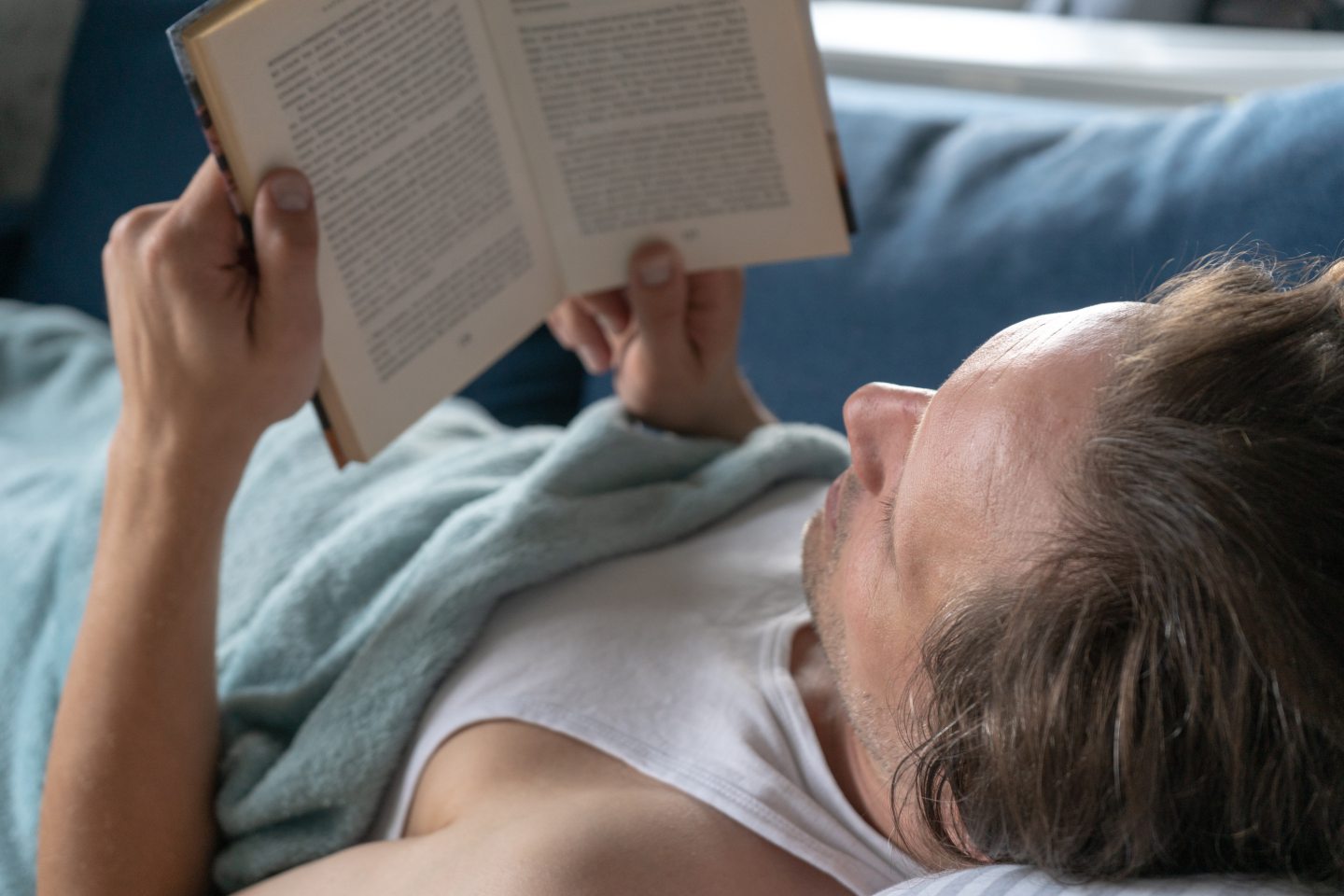Struggling with insomnia or just can’t nod off? These tips from a north-east hypnotherapist may help you get some sleep.
It’s recommended that adults get between seven and nine hours of shut-eye a night but, for some, this can seem almost impossible.
Over time, this can leave you feeling increasingly tired or anxious and even cause problems making decisions.
But Banchory hypnotherapist Anne Wyatt has shared her six top tips for overcoming insomnia and getting a good night’s sleep.
Face your stress head-on
Anne says to imagine all your negative thoughts and unresolved stress as though they’re being stored in a bucket in your mind.
The more you have in your bucket, the more likely you are to experience a heightened fight, flight or freeze response – and poor sleep.
Finding ways of restricting the amount in your bucket is crucial.
Follow the three Ps
It’s important to remind your mind that you’re not facing immediate danger – that it can switch off for the night without disaster looming.
One of Anne’s main tips for getting to sleep with insomnia is to follow the three Ps – thinking positively, interacting with others positively, and being active positively.

“These help to reduce the brain’s fight, flight or freeze response – remembering a nice chat with a neighbour, a relaxing cuppa or the birds in the garden.
“It all helps to let our brain know that we are not in a life-threatening crisis.”
Take time to unwind offline
It’s important to find a way you can wind down for the day gently, without stimulating your brain too much.
Anne recommends putting down the phone and switching off the computer, swapping it for a book, bath or some music.
Look after your sleep hygiene
Making your bedroom a relaxing place to be can have a hugely positive effect, Anne says.
“Perhaps that involves a bit of tidying, ensuring the temperature is right, that it is dark and quiet enough for you and that your mattress and bedding is comfortable,” she added.
Stick to a routine
“Our brains love repetition,” Anne explains.
“Getting into a regular winding down routine prior to going to bed can help as it signals to the brain that the working day has finished and it is time to relax in preparation for sleep.
Tire yourself out
Anne says exercising during the day can also be hugely beneficial.

Whether that’s a brief stroll during your lunch break, a yoga session or even a full workout, increasing activity levels during the day will pay off at night.
More sleep tips:
Been told to ‘sleep on it’? Banchory hypnotherapist explains why it’s scientific fact
Struggle to sleep in the heat? Try Aberdeen specialist’s quick and simple life hacks



Conversation